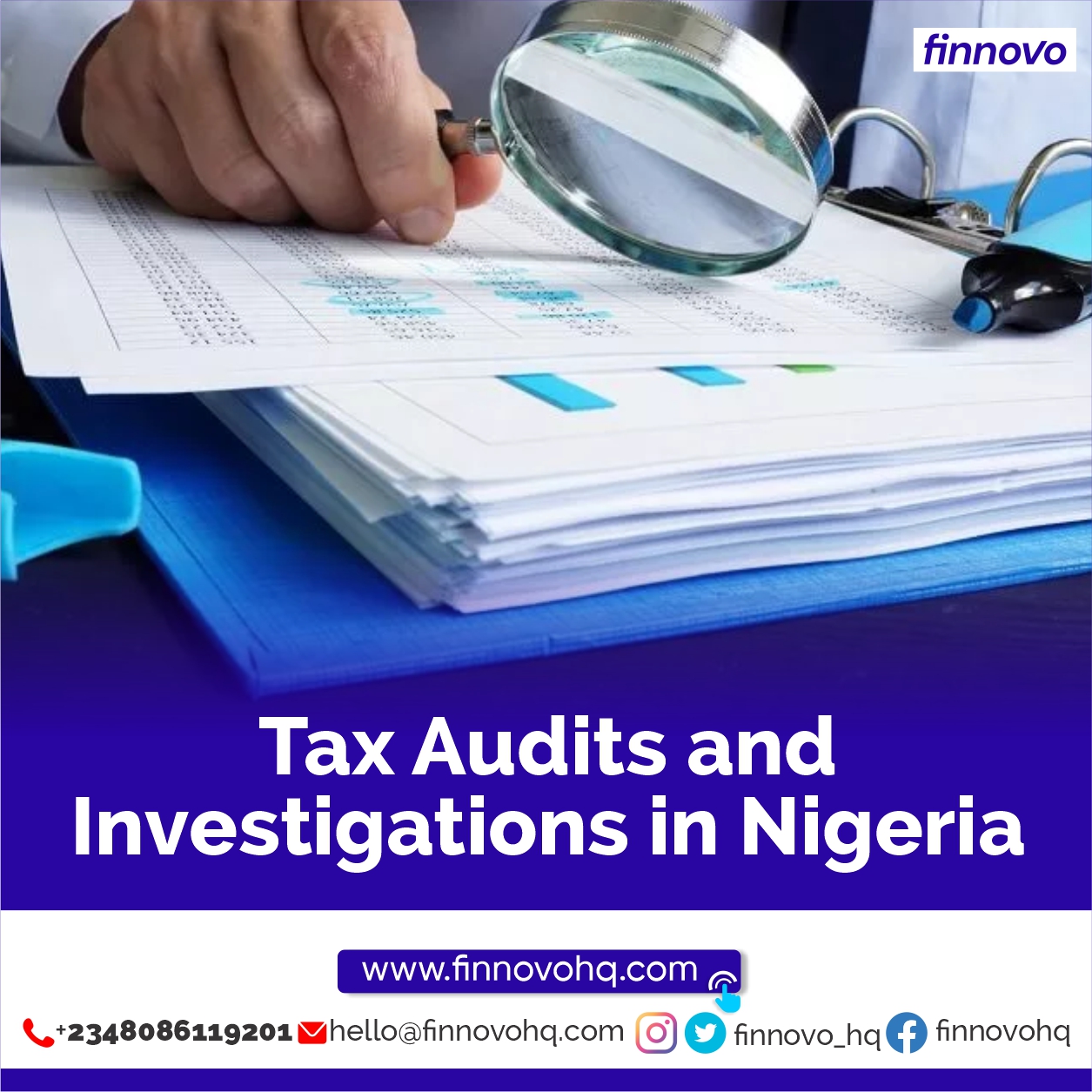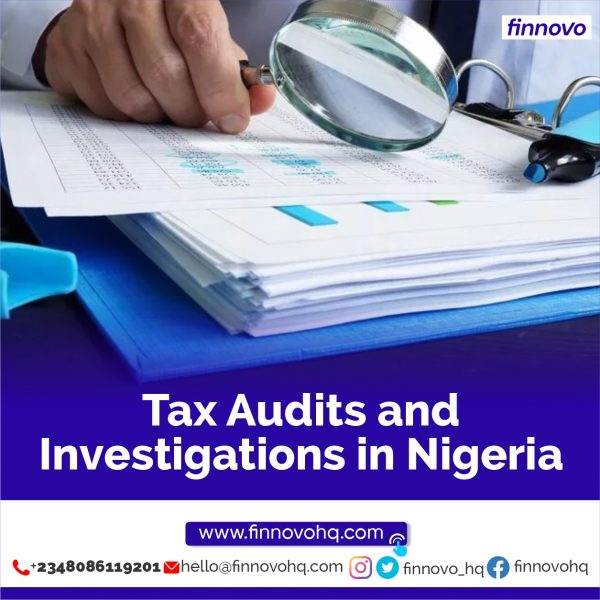In the realm of financial compliance and accountability, tax audits and investigations serve as critical tools for governments to ensure that taxpayers adhere to tax laws and regulations. In Nigeria, these processes play an integral role in maintaining fiscal discipline and safeguarding government revenue. In this comprehensive guide, we will delve into the intricacies of tax audits and investigations in Nigeria, exploring their significance, procedures, challenges, and implications for taxpayers and the government.
Read more about Finance
Tax audits and investigations play a crucial role in Nigeria’s tax system, benefiting both the government and taxpayers in various ways. This article explores their significance, different types, the process involved, the challenges faced, and the implications for taxpayers. Additionally, it offers strategies to reduce the risk of being audited or investigated and how to navigate the process effectively.
Significance of Tax Audit and Investigation
Tax audits and investigations in Nigeria serve several vital purposes. They enhance revenue collection by identifying underreported income and non-compliance, ensuring fairness and accountability, and levelling the playing field. Moreover, they contribute to improving tax legislation by providing insights for policy and legislative changes.
Types of Tax Audits and Investigations
In Nigeria, there are various types of tax audits and investigations. Desk audits involve preliminary reviews of financial records, while field audits entail comprehensive on-site examinations. Special tax investigations target major tax evasion or fraudulent activities. Self-adjustment audits are initiated voluntarily by taxpayers, and post-clearance audits focus on international trade and customs.
Process of Tax Audit and Investigation
The tax audit and investigation process in Nigeria follows a structured approach, beginning with the selection of taxpayers for review. Steps include notification, preliminary review, on-site examination, information gathering, data analysis, assessment and adjustment, penalties and interest, resolution, and enforcement in cases of tax evasion or non-compliance.
Sign up for the Connect Nigeria daily newsletter
Challenges of Tax Audit and Investigation in Nigeria
Tax audits and investigations in Nigeria face challenges such as capacity and expertise constraints within tax authorities, uncooperative taxpayers, lengthy legal disputes, corruption, and privacy concerns regarding financial information.
Implications for Taxpayers
Tax audits and investigations can have significant financial, reputational, and legal consequences for taxpayers. They may result in additional tax liabilities, penalties, interest, and potential legal action. The process can be time-consuming and resource-intensive, requiring transparent cooperation and accurate record-keeping.
Strategies to Minimize Tax Audit and Investigation Risk
To reduce the risk of being audited or investigated and navigate the process effectively, taxpayers should maintain accurate records, fulfil tax obligations promptly, hire qualified tax professionals, file electronically, avoid abusive tax shelters, disclose all sources of income, claim legitimate deductions and credits, avoid high-risk transactions, cooperate during audits, seek professional assistance when audited, educate themselves on tax laws, keep records of correspondence, and review and verify tax returns before submission.
It’s important to note that even with the best efforts to comply with tax laws, some taxpayers may still face audits and investigations. Tax authorities use risk-based selection criteria, and audits can be random or triggered by specific red flags. Being prepared and proactive in your tax planning and compliance is the best way to minimize the potential disruptions and consequences of tax audits and investigations. That being said, the role of professional tax consultants in tax planning and management can never be over-emphasized, I recommend FINNOVO Services Limited as a competent team of professionals who are vast in the field of accountancy, taxation, and all forms of compliance within the country.
Register to attend the CN Business Mixer
Conclusion
Tax audits and investigations are crucial for enforcing tax laws in Nigeria, ensuring fiscal compliance, and enhancing legislation. While essential, these processes face challenges like capacity limitations and legal complexities. Taxpayers should cooperate with authorities and seek professional guidance when necessary. Proactive tax planning, accurate record-keeping, and compliance can reduce the risk of audits. The goal is a fair and transparent tax system that fosters economic growth in Nigeria. In the dynamic tax landscape, understanding audits and investigations is vital for financial responsibility, benefiting both taxpayers and the government, and contributing to Nigeria’s economic development.
Got a suggestion? Contact us: [email protected]


